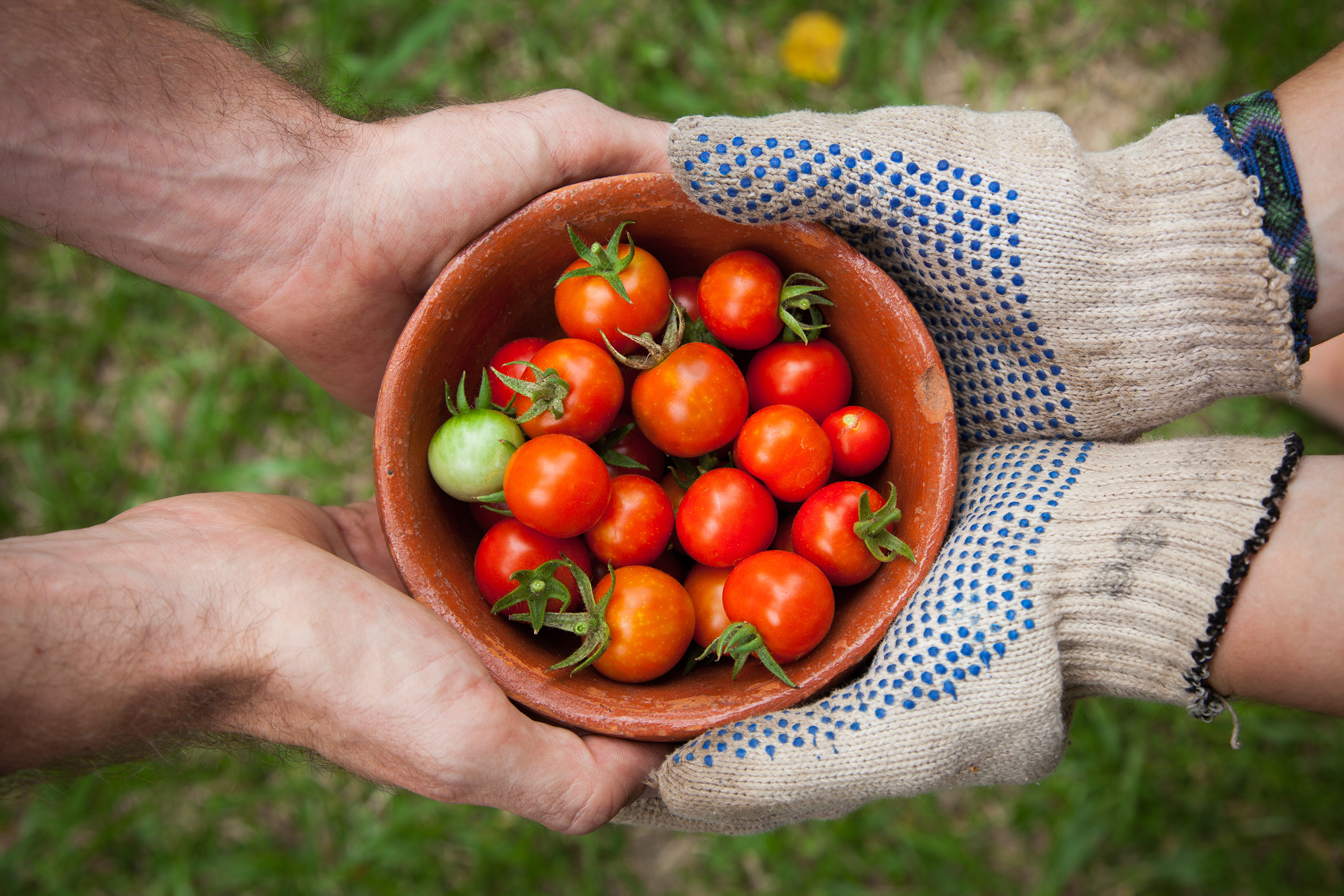
Trump's new produce deal with Mexico could hit tomato prices
Economists at Arizona State University conducted an economic analysis of the potential impact of limiting Mexican tomato imports on retail prices paid in the U.S.
At last, the United States and Mexico reached an anti-dumping deal on tomatoes. While U.S. farmers are happy about the agreement, consumers may pay higher prices for the fruit. Economists found that it could be worse for U.S. consumers, according to an economic analysis they conducted of the potential impact of limiting Mexican tomato imports on retail prices paid in the U.S.
In this article on CNN Politics Aug. 26, 2019:
But without an agreement in place at all, prices could have gone up by at least 40%, according to an estimate by economists at Arizona State University.
Latest news
- Bigger baskets or smaller margins? What scan-and-go really means for retailers
New research finds that in-store scanning apps drive more spending on big-ticket goods but cut…
- Leading the movement to fix fast fashion
As a college student, Jennifer Hyman founded a clothing rental service that reimagined how…
- U.S. Department of Labor warns shortages could drive up food prices
Labor shortages could lead to a 10% increase in food prices, explains a W. P.